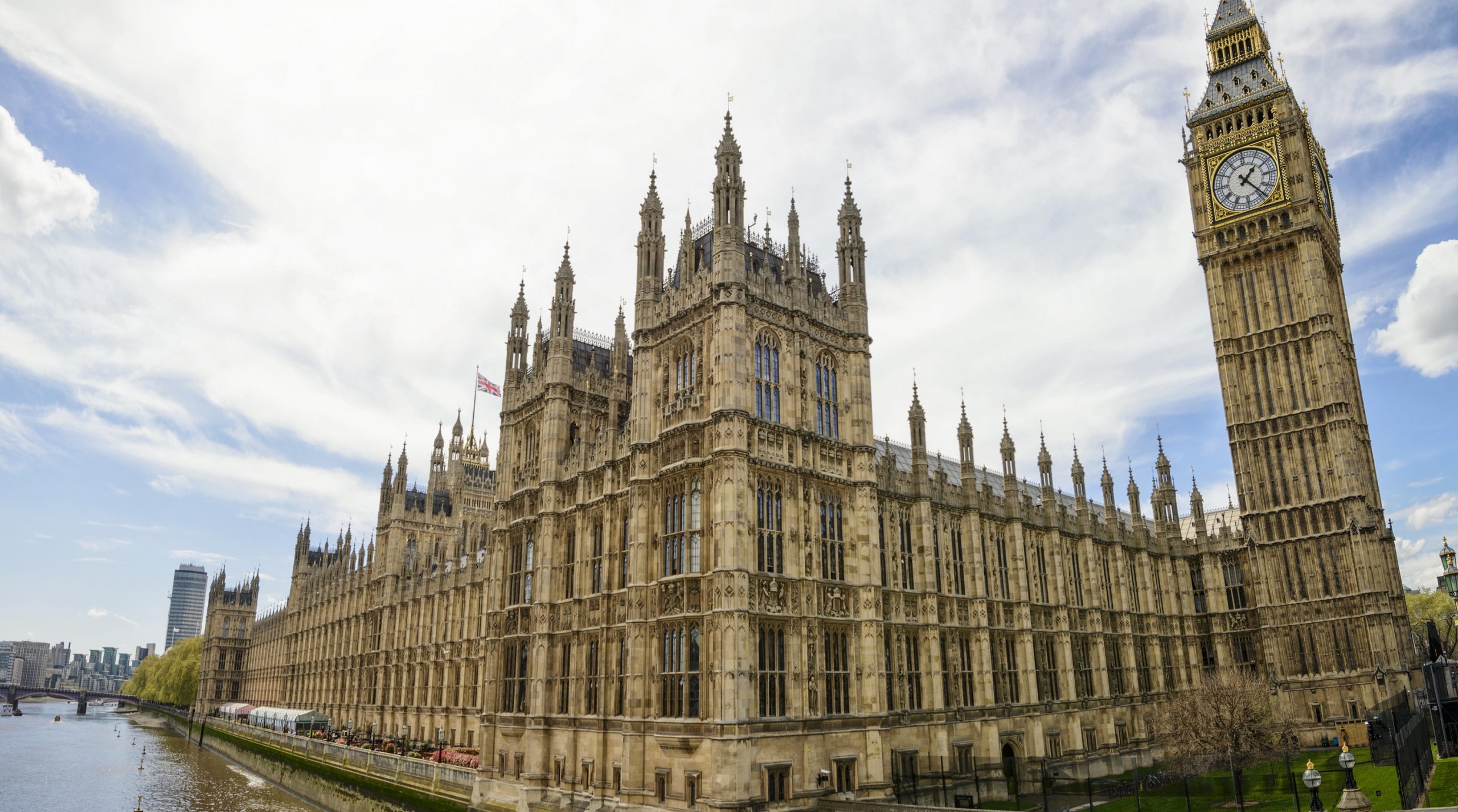Autumn Statement 2022

Jeremy Hunt used the Autumn Statement in an attempt to calm markets and reset public finances with a series of tax rises achieved through cuts and freezes to allowances.
In his first few days in office he had already reversed most of the measures announced in his predecessor’s September Mini Budget. But yesterday he went further by cutting the capital gains tax (CGT) annual exemption, lowering the additional rate threshold to £125,140 and extending the freezing of other allowances by a further two years.
We have summarised the key points below.
Income tax
Income tax rates for tax year 2023/24 will remain at the basic, higher and additional rates of 20%, 40% and 45% respectively. The abolition of the additional rate of tax announced in the Mini-Budget will not happen.
Instead, the point at which additional rate tax becomes payable will be cut from £150,000 to £125,140 from 6 April 2023.
Apart from the change to the additional rate threshold, all other income tax thresholds and allowances will be frozen until April 2028.
Dividend allowance
The dividend allowance is to be halved from £2,000 to £1,000 for tax year 2023/24 and halved again to £500 for tax year 2024/25.
The dividend tax rates for basic rate, higher rate and additional rate taxpayers will remain at 8.75%, 33.75% and 39.35% for both the current tax year and tax year 2023/24. The 1.25% increased installed from the start of tax year 2022/23 will not be reversed.
National insurance
The increase to national insurance (NI) to help pay for social care reforms has been scrapped. The additional 1.25% which was added to the rates of NI for tax year 2022/23 for employees, employers and self-employed has been removed from November 2022.
NI thresholds will be frozen until April 2028.
Capital gains tax
The CGT annual exemption will be cut from £12,300 to £6,000 from April 2023 and to £3,000 from April 2024.
There was no change to the rates of CGT and these will continue to be 10% and 20% (18% and 28% respectively for gains on residential property).
Inheritance tax
The freeze on both the nil rate band (NRB) and residence nil rate band (RNRB) has been extended for an additional two years. The NRB will remain at £325,000 and the RNRB at £175,000 until April 2028.
Corporation tax
Corporation tax will rise to 25% from April 2023 as originally planned. However, small companies with profits below £50,000 will continue to pay at the current rate of 19%. There will also be a re-introduction of tapering relief for businesses with profits between £50,000 and £25,000 so that they pay less than the main rate.
Pensions
The triple lock on the State Pension will be maintained, guaranteeing a 10.1% CPI-based increase next April along with the same level of increase to the Pension Credit.
There has been an ongoing review of State Pension age and whether the current timetable for changes is still appropriate. The Government will publish their response in early 2023.
Stamp Duty Land Tax (SDLT)
The level at which people begin paying SDLT was increased on 23 September from £125,000 to £250,000. This reduction will end on 31 March 2025.
The level at which first time buyers begin paying SDLT has been increased from £300,000 to £425,000. In addition, first time buyers may access the relief when they buy a property costing less than £625,000 rather than the current £500,000 limit.
Social care
The Dilnot reforms, including the introduction of the £86,000 cap on care fees, which were due to be introduced in October 2023, have been postponed for two years.
<< Back to Insights
Contact us to see how we can help.
+44 (0) 20 7287 2225
hello@edisonwm.com
The value of investments and the income arising from them can go down as well as up and is not guaranteed, which means that you may not get back what you invested. Past performance is not necessarily a guide to the future. The information contained in this website does not constitute advice. The FCA does not regulate tax advice. The FCA does not regulate advice on Wills and Powers of Attorney. The Financial Ombudsman Service is available to sort out individual complaints that clients and financial services businesses aren’t able to resolve themselves. To contact the Financial Ombudsman Service please visit www.financial-ombudsman.org.uk.



